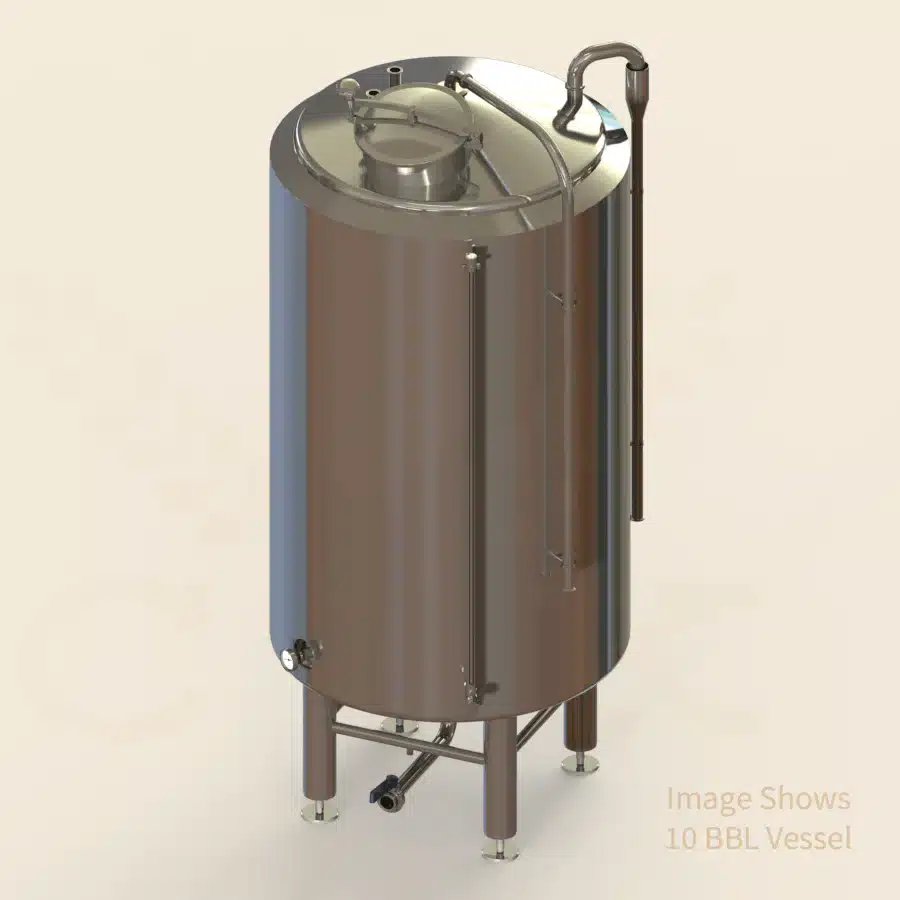
The Advantages of Desiccant Air Dryers

Introduction to Desiccant Air Dryers
Understanding Desiccant Air Dryers
So, what exactly are desiccant air dryers? Simply put, they are gadgets designed to remove moisture from compressed air using a desiccant fabric. Consequently, this process is crucial for maintaining the pleasantness and efficiency of air structures in diverse business settings.
Importance of Air Drying in Industrial Applications
In industries such as oil and gas, electricity generation, and biogas, retaining dry air is essential. For instance, Moisture can lead to equipment malfunctions, corrosion, or even product contamination. Therefore, desiccant air dryers ensure that your compressed air is dry, clean, and reliable, minimizing downtime and maximizing productivity.
Overview of Desiccant Technology
The desiccant era involves the use of substances that attract and preserve water molecules. These materials, or desiccants, are housed in air dryers, where they absorb moisture from the air passing through. As a result, this technology is highly effective and guarantees that your equipment operates smoothly and efficiently.
Key Benefits of Desiccant Air Dryers
Enhanced Air Quality
One of the primary reasons to use desiccant air dryers is the superior air quality they provide. By eliminating moisture, they prevent the formation of rust and corrosion in your compressed air systems. Consequently, they deliver easy and dry air for all your applications.
Energy Efficiency
Desiccant air dryers are known for their energy efficiency. For example, they operate at lower temperatures and pressures, which reduces the overall energy consumption of your air systems. Not only does this save money, but it also minimizes your environmental impact.
Longevity and Durability
Investing in desiccant air drying systems ensures long-term sturdiness and reliability. These systems are built to withstand harsh industrial environments. Consequently, this durability translates to fewer replacements and lower maintenance costs over time.
Cost Savings Over Time
While the initial investment might seem higher, the long-term financial benefits of desiccant air dryers are significant. For instance, reduced power consumption, lower maintenance costs, and minimized downtime ensure that you’ll see a return on investment faster than expected.
How Desiccant Air Dryers Work
The Science Behind Desiccant Air Drying
Desiccant air dryers utilize substances such as silica gel or activated alumina to remove moisture from the air. As the air passes through the desiccant material, water molecules adhere to its surface. As a result, the air becomes efficiently dried.
Types of Desiccants Used
Different applications often require distinct types of desiccants. For example, silica gel, activated alumina, and molecular sieves each have unique properties tailored to specific industrial needs.
Desiccant Air Dryer Components
A typical desiccant air dryer includes several critical components: a drying tower, a regeneration tower, filters, and controllers. The drying tower contains the desiccant material, while the regeneration tower heats and dries the desiccant for reuse. Additionally, filters remove any remaining contaminants, and controllers manage the entire system.
Need a reliable partner?
FAQ
What industries have the most from using desiccant air dryers?
Desiccant air dryers are mainly beneficial in industries in which moisture control is critical. This includes oil and fuel, prescription drugs, food and beverage, and power generation. These industries require extraordinarily dry air to save you from infection, corrosion, and gadget malfunction.
How regularly do desiccant substances need to be replaced or regenerated?
The frequency of desiccant fabric alternative or regeneration relies upon the working situations and the type of desiccant used. Generally, desiccant materials can ultimate several years with proper preservation, but regular monitoring is essential to make certain gold standard overall performance.
Are there any precise environmental conditions that affect the efficiency of desiccant air dryers?
Yes, environmental factors together with temperature and humidity degrees can impact the efficiency of desiccant air dryers. Higher humidity degrees boom the weight of the desiccant cloth, doubtlessly requiring greater common regeneration. However, desiccant air dryers are designed to function effectively across a wide range of situations.
Can desiccant air dryers be used in aggregate with other forms of air dryers?
Absolutely. Desiccant air dryers may be used along with refrigerated air dryers or membrane dryers to beautify ordinary system efficiency and ensure the highest air best standards. This combination is regularly used in applications requiring extraordinarily low dew points.
What preservation practices are encouraged to keep desiccant air dryers working effectively?
Regular renovation is key to keeping desiccant air dryers in pinnacle situations. This consists of recurring tests of desiccant fabric, cleansing or replacing filters, analyzing valves and seals for leaks, and making sure the right operation of regeneration cycles. Implementing a proactive maintenance agenda can substantially increase the lifespan and performance of your desiccant air dryer.
Related Blog Post
- Is Vacuum Drying Expensive?
- How to Size a Desiccant Dryer?
- What is the Most Efficient Desiccant?
- What are the Advantages of Desiccant Dehumidification?
- Which is cheaper to run compressor or desiccant dehumidifier?
- What is the difference between a water separator and a desiccant dryer?
- Which are the Two Most Common Types of Desiccant Materials Used in Dryers?
Solutions
In the realm of industrial solutions, Red River emerges as a pioneer, offering a diverse range of custom-engineered products and facilities. Among our specialties is the design and production of Custom/OEM Pressure Vessels, meticulously crafted to meet individual client requirements, ensuring performance under various pressure conditions. Our expertise extends to the domain of prefabrication, where Red River leads with distinction.
The company excels in creating prefabricated facilities, modules, and packages, reinforcing its stance as a forerunner in innovation and quality. This proficiency is further mirrored in their Modular Skids offering, where they provide an array of Modular Fabricated Skid Packages and Packaged equipment. Each piece is tailored to client specifications, underlining their commitment to delivering precision and excellence in every project they undertake.
Related Blog Post
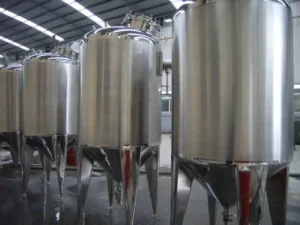
How a Glycol System Works
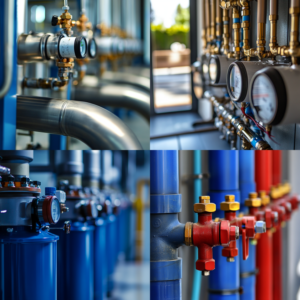
Ethylene Glycol Water: A Complete Heat Transfer Guide
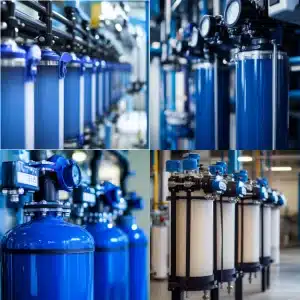
Water Filter Replacement
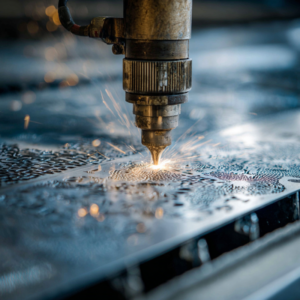
Why Use Stainless Steel Sheet Metal Fabrication?
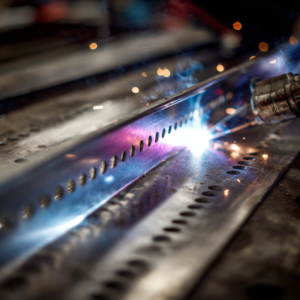
How Does Stainless Steel Sheet Metal Fabrication Work
No pillar keyword set for this post.
About Author

